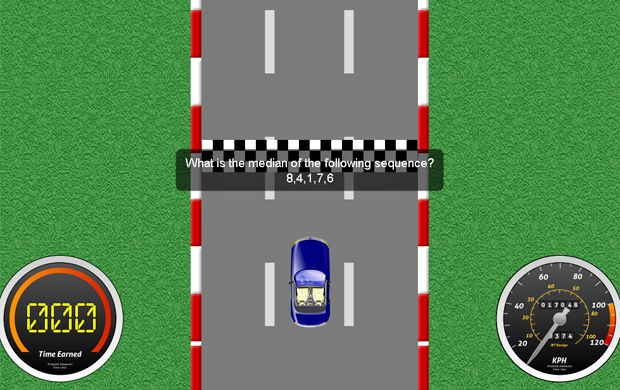One of parents' and teachers' biggest concerns about kids' use of technology is the issue of distraction. As much as being wired can help kids with school work, it can also lead to temptations for goofing off. Pew Research Center study, “How Teens Do Research in the Digital World” recently reported that 87% of Advanced Placement and National Writing Project teachers surveyed said that “these technologies are creating an ‘easily distracted generation with short attention spans.'’’ More than half also said that digital technologies do more to distract than to help students academically.
While opportunities for social interaction online can help kids collaborate and work together on school projects, they can also be distracting. That was Pierce Higgins’ experience with his three teenage children, who spent a lot of time on Facebook. Higgins started to ask himself, “How can one harness the energy that teenagers have about their Facebook?”
Higgins teamed up with his brother, Ronan Higgins, and a group at Trinity College in Dublin, Ireland to develop Aftermath, software that directs kids to a math skills game where players can earn time on social networking sites. Parents buy and install the software, then choose which sites they want to limit, like Facebook, Twitter, YouTube and Minecraft.
Of course, these same sites are used by savvy educators to encourage kids to participate in online school work. For teachers who use Facebook for school, there are sites that allow students to stay within Facebook for school work exclusively, restricting access to students' wall and news feeds.


